Linux is one of the best choices for self-hosting applications. It is generally very fast, lightweight, and lacks the bloat of other operating systems like Windows Server OS when it is installed with the GUI. However, there are even more lightweight Linux distros that can be the perfect way to have a very efficient and stable hosting platform for your apps and services. This makes lightweight distros the perfect choice for things like mini PCs, Raspberry Pis, older desktops, servers, VMs, etc. In this guide, we’ll look at a list of the top actively developed lightweight Linux distributions for home servers.
1. Alpine Linux
If you have built or ran containers before, you have no doubt seen many containerized images built on top of Alpine Linux. The reason it is used as a base image for many different Docker containers is that it is very small, efficient, and very stable. Alpine is generally trusted for running production workloads with a focus being on its simplicity and it being secure by design.
It uses musl libc and BusyBox to stay on the lean side. The base image size is under 200 MB. The apk package manager is used and is pretty straightforward, and security updates arrive regularly. So if you have need for a very secure and simple lightweight Linux OS, for your home lab or edge, or if you are building your own container image, this is one of Alpine’s strengths and use cases.
It can also run on both ARM and x86 platforms so it can be used on mini PCs or Raspberry Pi boards alike in your home lab.
Actively developed? Yes, latest stable 3.20 released May 2025
Official site: https://alpinelinux.org
GitHub repo: https://github.com/alpinelinux/alpine
2. DietPi
DietPi is an extremely cool operating system that I wrote a detailed blog about. You can check that out here: DietPi: Tiny OS for Home Server Self-hosting. It is an extremely lightweight OS that is great for self-hosters, home servers, and especially Raspberry Pi devices. DietPi is based on Debian and stripped down to an essential set of features.
But, the cool thing about DietPi is that it has a menu-based system that allows you to have a user-friendly setup experience for deploying various things in the home lab. Really, installing Docker, Pi-Hole, or Plex is very simple.
DietPi is one of the most popular lightweight operating systems for home servers and Raspberry Pi devices. It’s based on Debian but stripped down to the absolute essentials. The DietPi team provides a user-friendly setup process that makes deploying services such as Docker, Pi-hole, or Plex incredibly simple.
The “GUI” of sorts to the DietPi OS is that it has a text-based configuration tool that let’s you install software, manage your backups, or setup configurations, without having to dive into the command line too deeply. Also it is built for performance. Even low-power boards can host multiple containers.
Actively developed? Yes, version 9.5 released July 2025
Official site: https://dietpi.com
GitHub repo: https://github.com/MichaIng/DietPi
3. Fedora CoreOS
The Fedora CoreOS lightweight Linux distro is great if you are wanting to run containers. It uses an immutable root filesystem and it automatically applies updates with rollback support. Using this design makes it perfect for home servers that you want to run continuously without needing to perform proactive maintenance manually.
It integrates well with Docker and Podman both. Also, it makes a very good platform for running things like Kubernetes clusters or Docker Swarm environments. Compared to regular Fedora, it is much more lightweight. It has as its focus, reliability and security.
Since it automatically installs updates, it has a built-in self-healing platform that is great for running containers. If you have an update that fails, you can revert the system to the previously working state automatically.
Actively developed: Yes, latest stream 38.2025.100 released September 2025
Official site: https://fedoraproject.org/coreos
GitHub repo: https://github.com/coreos/fedora-coreos-config
4. Void Linux
If you are looking for another independent distribution that is built for lightweight use, simplicity, speed, and control. It uses a lightweight runit init system instead of systemd.
It supports both musl and glibc versions. This allows you to choose between performance or broader software compatibility. It has what is known as the XBPS package manager. It is fairly easy to use, and updates happen very often because Void uses a rolling release model.
If you want minimalism and control, you can just install what you need only. Then, configure it manually, and keep the system lean. It’s also a popular distro for users that want a systemd-free environment.
Actively developed? Yes, continuous rolling releases with weekly GitHub commits
Official site: https://voidlinux.org
GitHub repo: https://github.com/void-linux
5. antiX Linux
The antiX Linux is distro is fast and lightweight. It is based on Debian and it runs without systemd. It is resource-efficient and runs good on both modern and older hardware.
It has a couple of installation options:
- “core” (for minimal servers)
- “full” (for lightweight desktops)
For home lab, the “core” version is probably an ideal config. It lets you add Docker, Nginx, or SSH services. Because it’s Debian-based, you get access to thousands of packages. It has long-term support, and regular security updates which is good for security. The antiX community remains active and releases updates multiple times per year.
Actively developed? Yes, version 23.1 “Arditi del Popolo” released June 2025
Official site: https://antixlinux.com
GitHub repo: https://github.com/antiX-Linux
6. OpenWrt
If you are into lightweight Linux distros that are great for network-centric home servers, OpenWrt is a great choice to use as a dedicated firewall, VPN endpoint, or even something like a DNS or DHCP server.
It has a LuCI web interface for configuration and package management. This makes it a decent choice even for beginners. Even with its size, OpenWrt can run Docker, WireGuard, and AdGuard Home. It is an actively maintained distro that has a fairly large developer community. Also, you get frequent updates and security patches.
So, if you have a need something for a Linux distro your home lab setup that is purpose built for networking, routing or gateway functions, OpenWrt is the one to use.
Actively developed? Yes, version 24.10 stable release expected Q4 2025 with continuous nightly builds
Official site: https://openwrt.org
GitHub repo: https://github.com/openwrt/openwrt
7. Tiny Core Linux
Another really good lightweight Linux operating system is one called Tiny Core Linux. Amazingly, the base image of this one is around 20 MB! But, it also has a full kernel, can run networking, and you can also enable other modules using extensions.
It runs entirely in RAM so you can imagine the boot times are almost instant. So, if you have a single-purpose server or device that has very low resources available, you can use this to build out only the features you want to host and keep the environment super lightweight and purpose-built.
It does have some manual setup. But, once you have everything configured it is a set it and forget it type OS. It is also a great choice for specialized roles like hosting things like DNS, caching proxies, or embedded lab devices.
Actively developed? Yes, version 15.0 released February 2025
Official site: http://tinycorelinux.net
GitHub repo: https://github.com/tinycorelinux
8. Nitrux Minimal
Another interesting lightweight Linux distro for home lab is Nitrux Minimal. It is a clean and modern distro that has a very Ubuntu-based experience but much lighter weight. The minimal version strips out additional things like unnecessary packages and desktop environments. This leaves it with a fast and lean base image that will work well as a secure home server OS.
Also, it is a rolling-release model that gets regular updates. It includes modern kernels and security tweaks. Nitrux also uses AppImage for software packages which helps to keep apps isolated and lightweight.
This is a good choice for users who want Ubuntu’s familiar feel and hardware compatibility. But you also get a smaller, faster base.
Actively developed? Yes, latest rolling release updated August 2025
Official site: https://nxos.org
GitHub repo: https://github.com/Nitrux
Choosing your lightweight Linux distro
As you can tell by the descriptions for each of these, each one has a specific use case it is more geared for. You can’t go wrong with Alpine Linux. It is used everywhere. So, it will make a great lightweight Linux OS for most use cases, and serving as the base image for containers you may want to build.
DietPi is probably the easiest to set up on a Raspberry Pi or mini PC hardware. Voic and AntiX have a traditional server experience with not much overhead.
Tiny Core and OpenWrt are specialized more for networking roles and Nitrux is strong if you prefer Ubuntu management. Fedora CoreOS is great for containers.
Wrapping up
Lightweight Linux distros are perfect for self-hosting apps and services in the home lab environment. They have many great strengths, like performance, stability, and security. These options we have discussed are actively developed and well supported by the community. What lightweight Linux distro are you using? Let me know in the comments what you recommend or if you are using one of the distros we have on the list.
Google is updating how articles are shown. Don’t miss our leading home lab and tech content, written by humans, by setting Virtualization Howto as a preferred source.

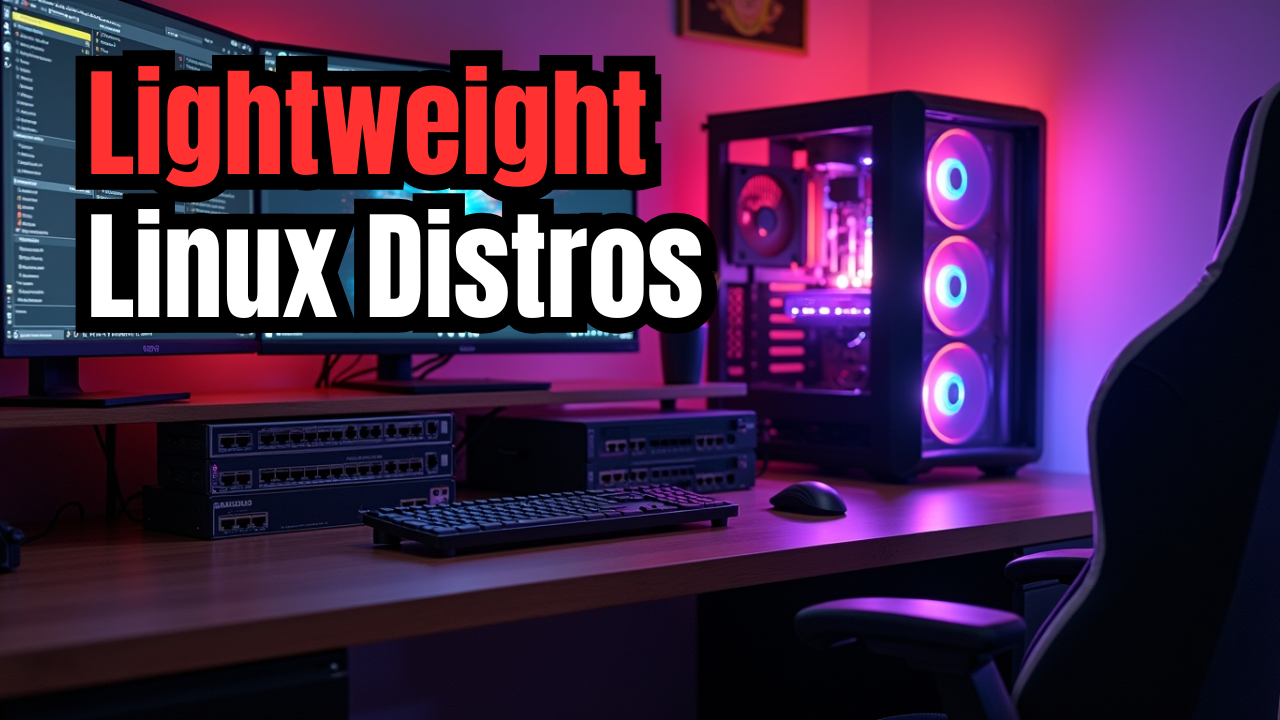
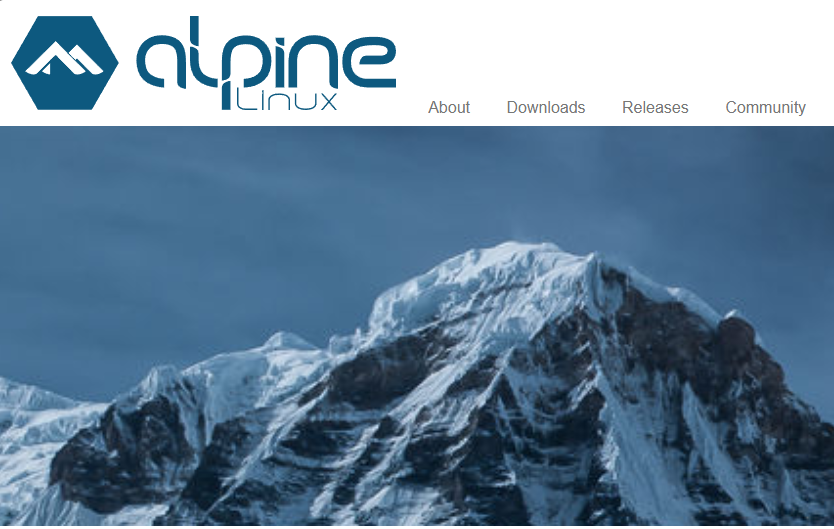

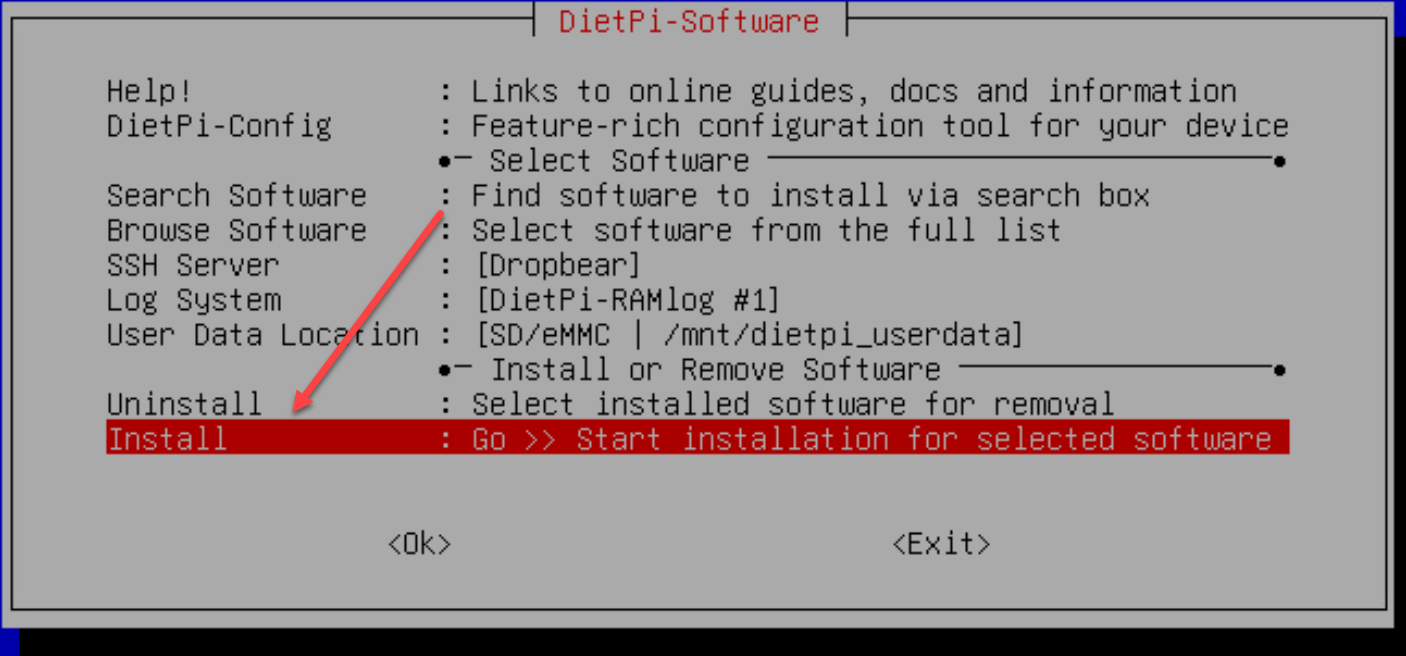
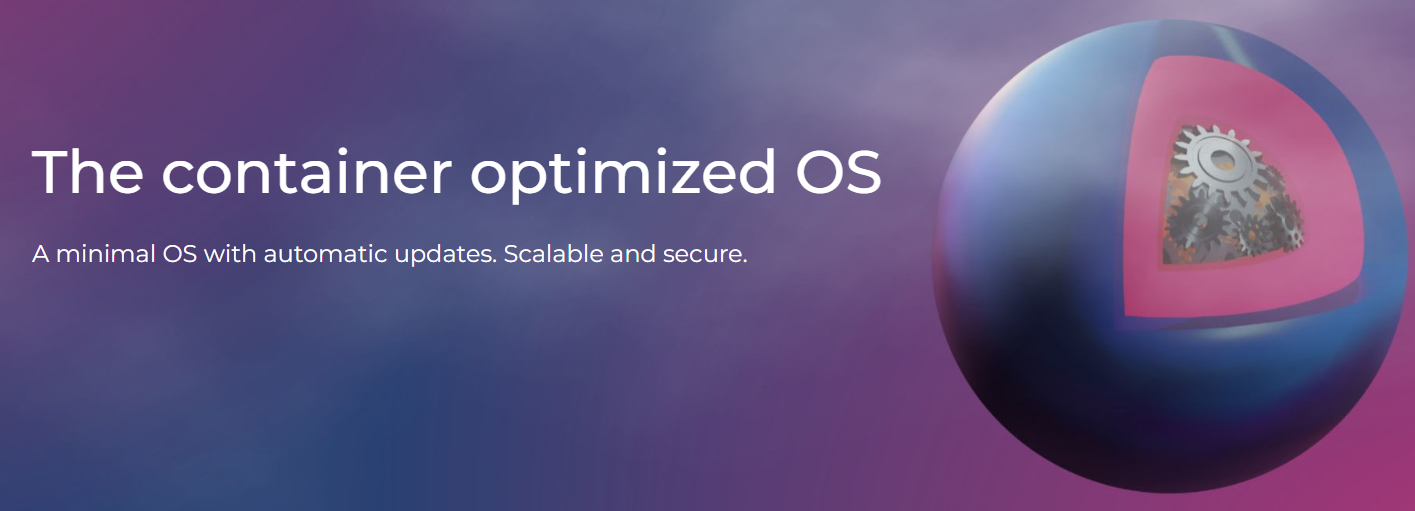
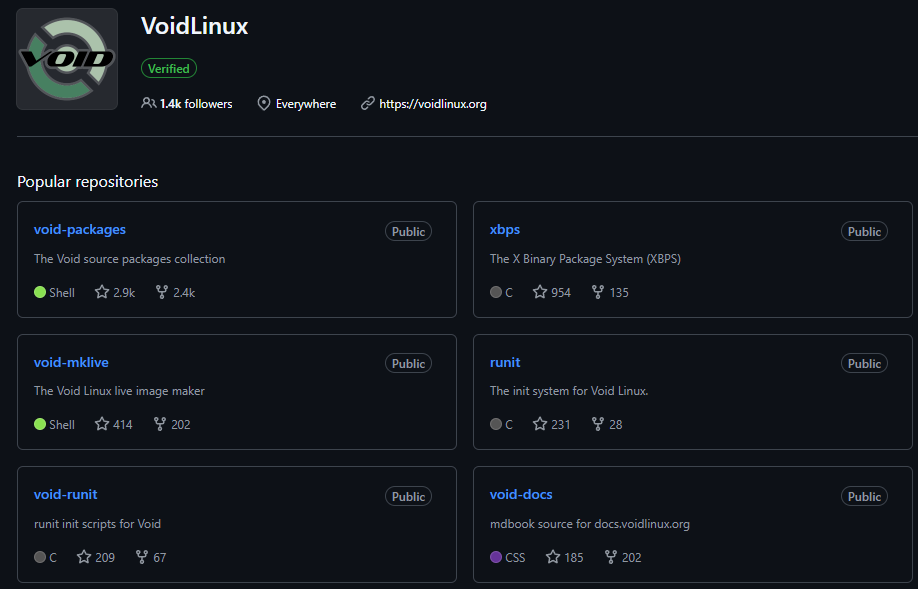
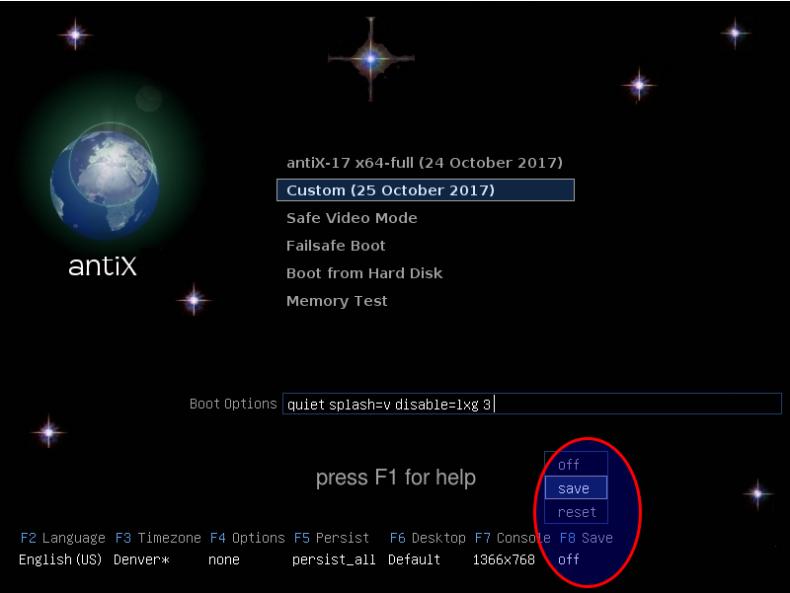
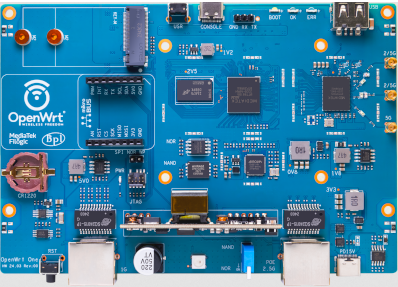
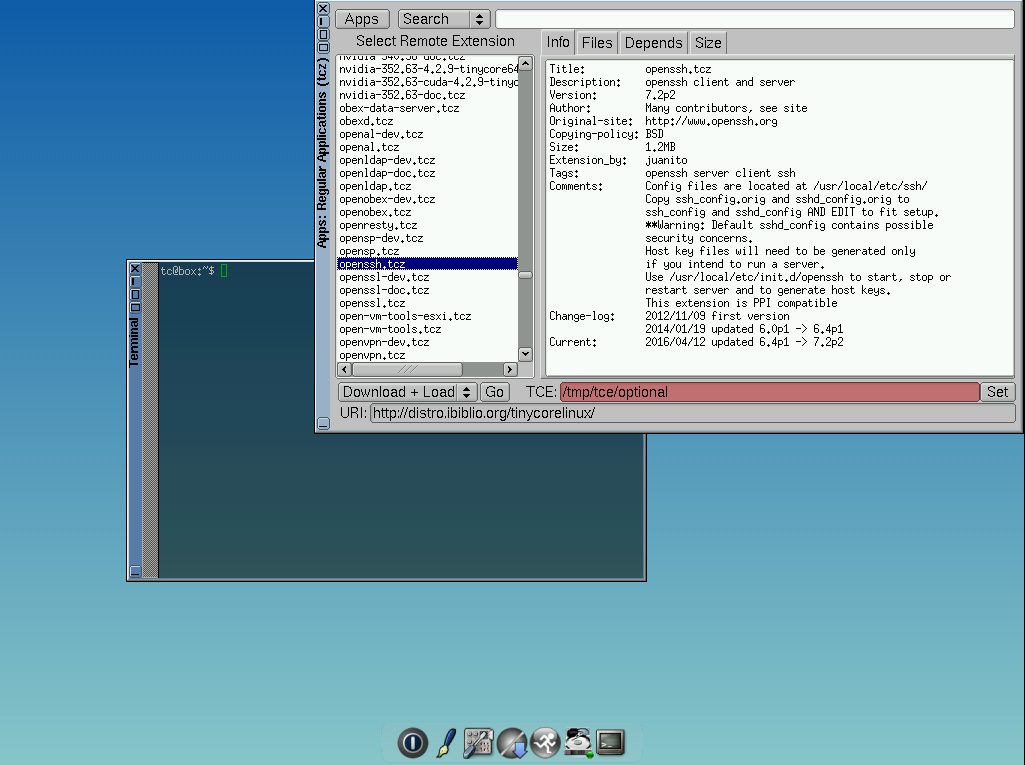
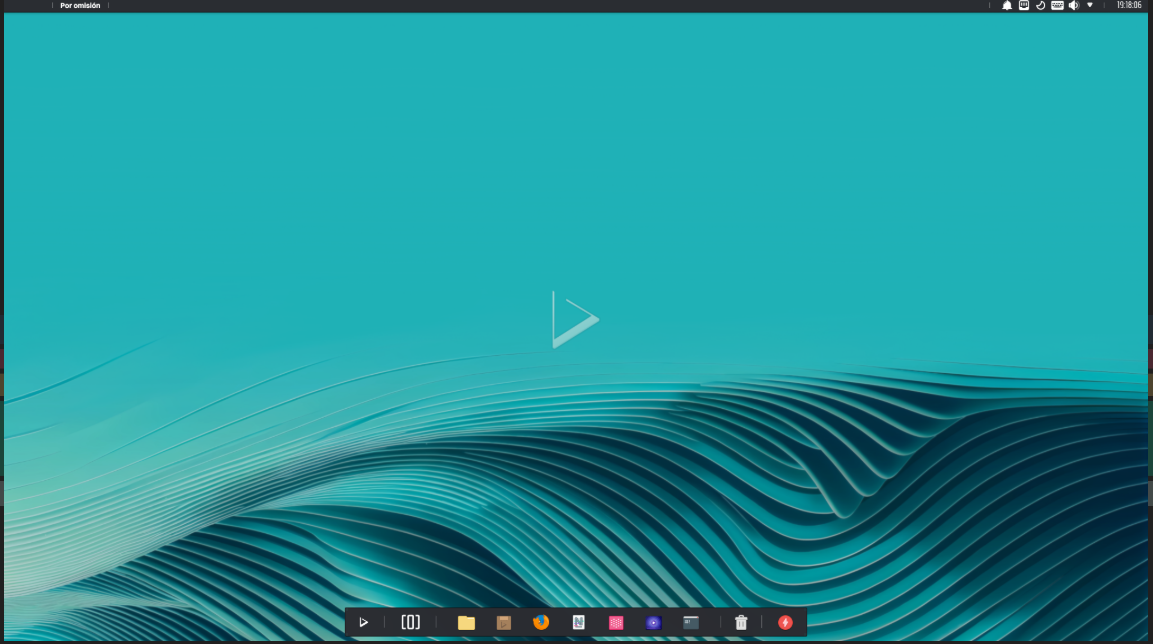

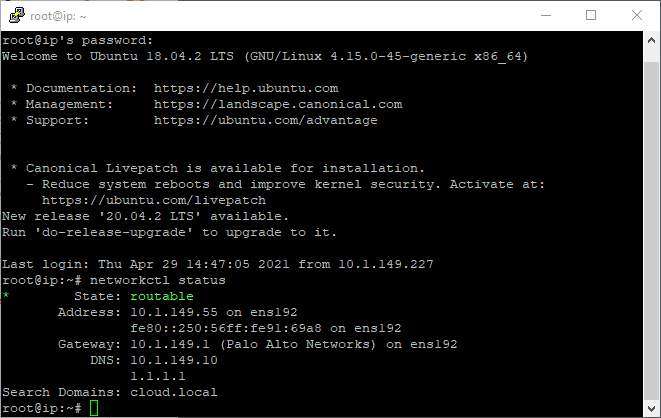
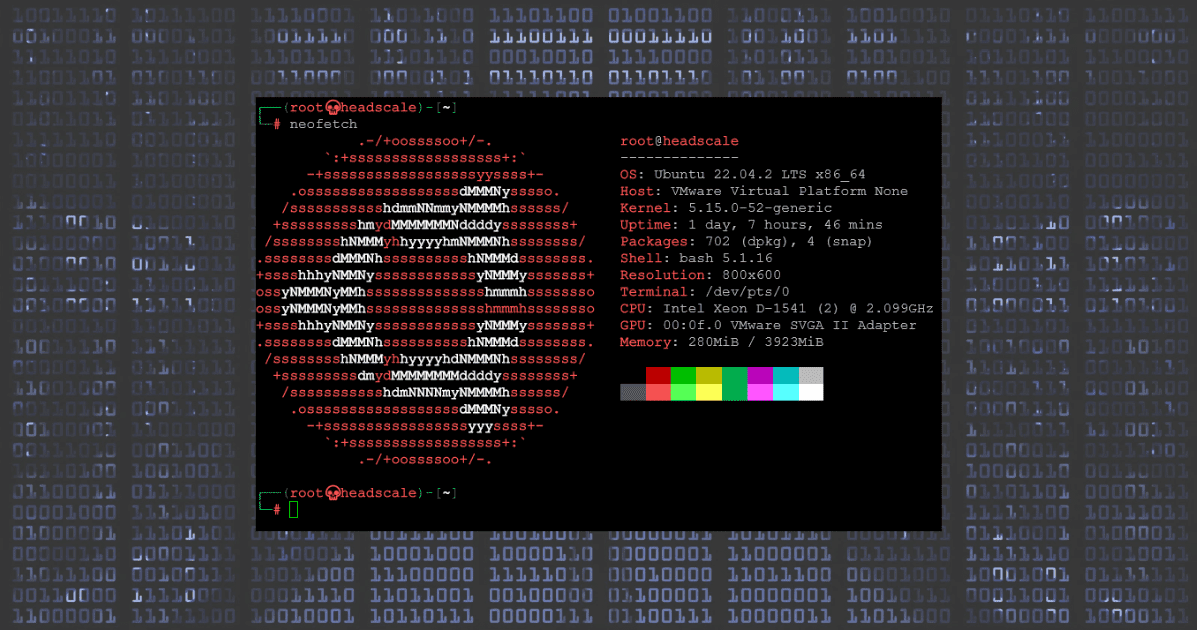
I am partial to Alpine Linux and use it for most of my projects.
I use it too for my Docker images that I build
I just go ahead and use full Ubuntu Server, works for me
Nothing wrong with Ubuntu Server! I have a lot of my infrastructure running on it.